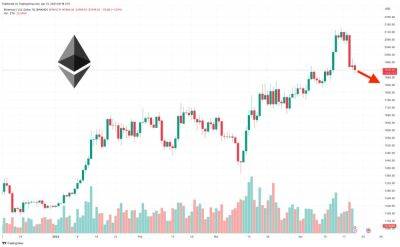With Web2.5, financial inclusion and economic empowerment are within reach
In the late 2000s, the Global Financial Crisis (GFC) unleashed a tsunami of economic turmoil that reverberated around the world. Not only did it shake the deeply-rooted beliefs of centralized finance (CeFi) and institutions, but it also witnessed the demise of banks and businesses as stocks plummeted and international trade took a deadly plunge.
Needless to say, the GFC shed light on the fundamental shortcomings of the existing financial system and further emphasized the need for financial sovereignty. In the wake of this crisis that shook the world, the pseudonymous creator Satoshi Nakamoto launched Bitcoin (BTC), the world’s first and original cryptocurrency, providing the opportunity for anyone to access a form of finance outside of CeFi.
Bitcoin, released as open-source software in 2009, was the first decentralized cryptocurrency. Source: Unsplash
Undeniably, the introduction of Bitcoin marked a pivotal turning point for financial inclusion, as it led to the development of decentralized finance (DeFi) and the utilization of blockchain technology. Financial inclusion, a measure of access to and use of financial services is a vital component in driving economic growth and sustainable development around the world. While the number of “unbanked” users has decreased over the past decade, according to the latest data from the World Bank’s Global Findex Database 2021 report, 1.4 billion adults across the world remain unbanked, with more than half living in seven economies.
Source: Global Findex Database
Historically, the ownership of a bank account has been a key measure of financial inclusion and it remains to be the first step in accessing financial services in traditional finance (TradFi).
Evidently, with the emergence of
Read more on cointelegraph.com

 cointelegraph.com
cointelegraph.com















